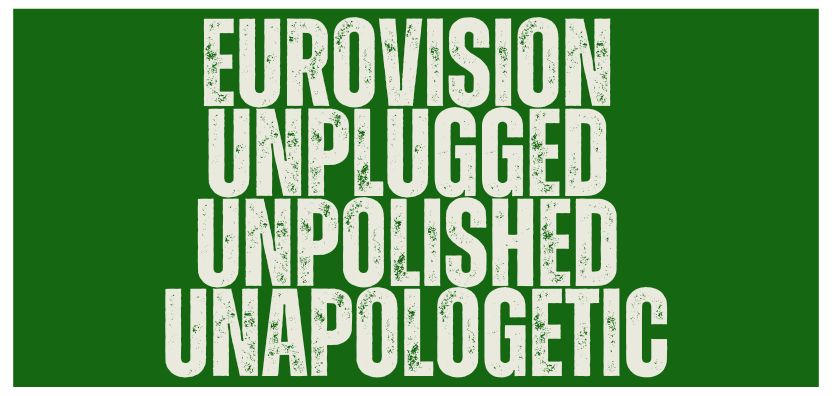
In recent years, the Eurovision Song Contest has undergone a remarkable transformation. What was once a quirky, one-night-only event, featuring an array of eclectic acts from across Europe, has become a launching pad for the careers of many talented musicians. Eurovision is officially ‘cool’.
The Contest has always been a highly competitive event, with each participating country vying for the coveted trophy. In the early days, the focus was on the performance itself, with little regard for the commercial potential of the music.

In the 1990s and early 2000s, the Eurovision Song Contest became more of a spectacle, with elaborate stage productions, outrageous costumes, and over-the-top performances. This era saw some of the most iconic Eurovision moments, such as Dana International‘s victory in 1998 and Lordi‘s win in 2006. However, while these moments were memorable, they did not necessarily translate into long-term international success for the artists involved.
Lasting Eurovision music careers
However, as the music industry has evolved, so has the contest. Today, Eurovision is not only about winning, but also about building lasting music careers.
Take the example of returning Swedish victor Loreen. In 2012, she won with “Euphoria”. The song went on to become a massive hit across Europe, and success at Eurovision paved the way for her to release successful albums. She’s back for another go in Liverpool and is tipped to equal Johnny Logan – the first artist to win Eurovision twice.

In 2014, Austrian singer Conchita Wurst won with “Rise Like a Phoenix”. The victory was not only a triumph for the LGBTQ+ community, but Conchita has since released several albums and has become a prominent advocate for LGBTQ+ rights. The same year, Dutch runners-up The Common Linnets went on to achieve chart success across Europe with ‘calm after the Storm’.
Dutch singer Duncan Laurence won the competition with his song “Arcade”. While already an up-and-coming musician in the Netherlands, victory at Eurovision propelled him to international stardom. “Arcade” became a hit across Europe, and following its adoption on TikTok, an American hit. Laurence’s win was seen as a significant shift in the Eurovision landscape, with the artist being signed to a major record label before the contest. His debut album went on to top the charts in several countries, and the singer has since been nominated for several prestigious awards.
Snap!

You don’t even need to win to launch a career. At Eurovision, Rosa Linn became the first artist to qualify for the final for Armenia since 2017, finishing in 20th place with 61 points. She went on to become one of the most successful acts to launch at Eurovision in years.
Following the contest, ‘Snap’ went viral on video sharing service TikTok, and reached the top of the charts in the Flanders region of Belgium, and the top ten in Germany, Austria, Netherlands, Ireland, Italy, Norway, Sweden and Switzerland. The song also reached the charts in 23 other music markets, reaching 21 in the UK, and making Rosa Linn the highest-charting foreign act from Eurovision 2022 there. ‘Snap’ also debuted on the US Billboard Hot 100 at number 97 and later peaked at number 67, becoming only the second Eurovision song of the 21st century to enter the chart.
In August 2022, Rosa Linn signed a recording contract with Columbia Records, and in October of the same year was confirmed as the opening act for Ed Sheeran on the North American leg of his +–=÷x Tour later this year.
Space Man

Sam Ryder, performing for the UK, came second last year with ‘Space Man’. The song peaked at number two on the UK Singles Chart, becoming the highest-charting UK Eurovision entry since 1996. The song peaked at number five in Iceland and reached the top fifteen in Lithuania, Sweden, and the German download charts. It reached the top twenty in Belgium, the Australian digital tracks and also number twenty-two in Ireland, becoming the highest charting UK Eurovision entry on the Irish singles chart since 2014. It also charted in the Netherlands, Switzerland, Greece, Turkey, Slovakia and on the Billboard Global 200.
Oh – and obviously – there’s Abba.
Major record labels are now paying close attention to the Contest, looking for emerging talent that they can sign and develop. Eurovision is (for now) officially ‘cool’.





